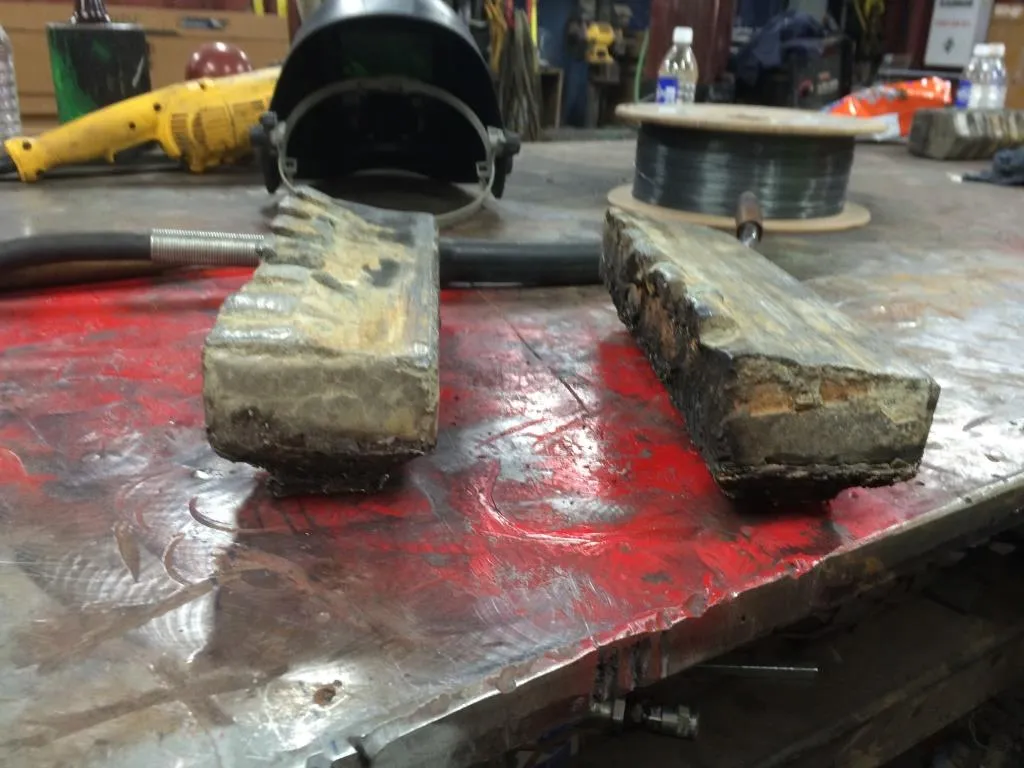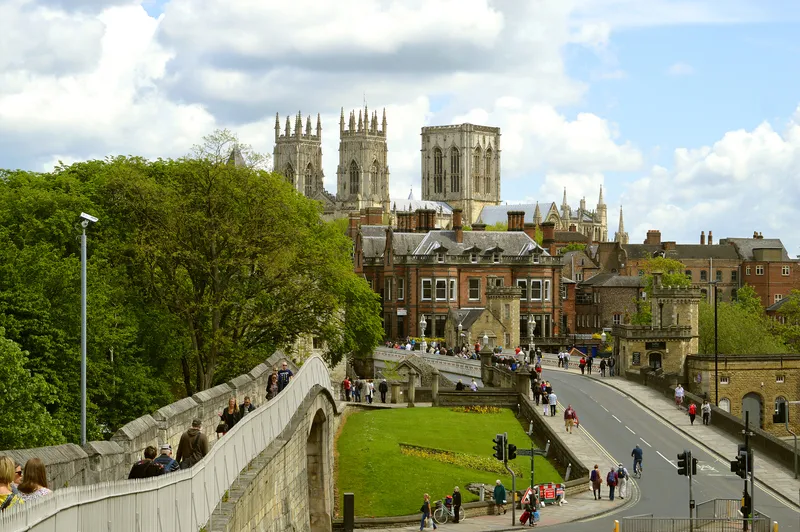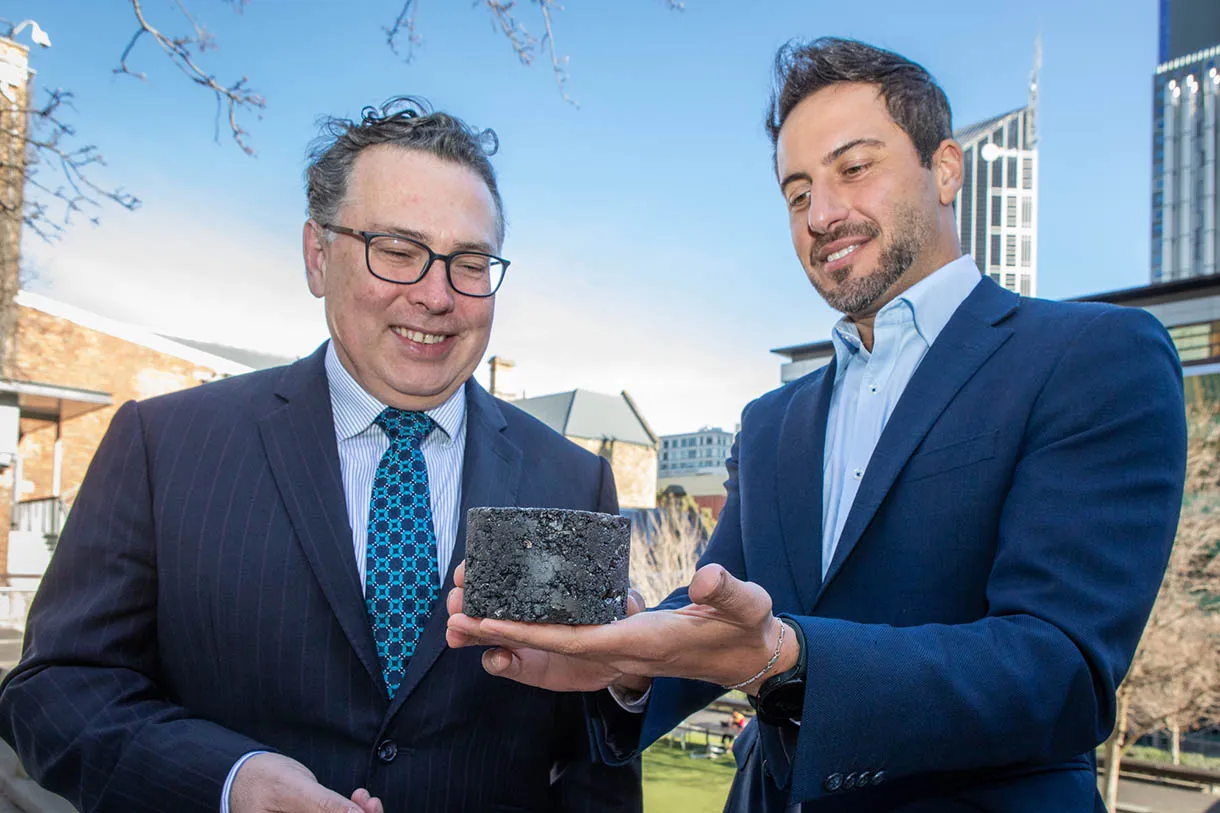RBF Consulting has been selected by the Los Angeles County Metropolitan Transportation Authority to provide transportation planning and engineering for the Measure R funded I-605 Congestion 'Hot Spots' Feasibility Analysis.
February 27, 2012
Read time: 2 mins
RBF Consulting has been selected by the 3227 Los Angeles County Metropolitan Transportation Authority to provide transportation planning and engineering for the Measure R funded I-605 Congestion ‘Hot Spots’ Feasibility Analysis. Hot spots are identified as major traffic congestion areas, attributed to increasing passenger car and truck traffic, localised capacity and/or operational constraints on the freeway, or arterial street system.
The purpose of this feasibility analysis is to analyse congestion improvement alternatives for various hot spots along over 64 kms of the I-605, SR-91, I-405 and I-105 freeways, as well as the surrounding arterial street network. This study will include improvements to freeway-to-freeway interchange and additional freeway general-purpose lanes, as well as arterial street improvements through numerous cities. The results of the analysis will also be used to develop and prepare a transportation strategic funding plan for the existing and proposed transportation projects in the Gateway Cities.
RBF Consulting, which has over 25 years of experience in transportation planning and engineering on state highways, will lead the project team as the prime consultant. “We are pleased to have the opportunity to apply our expertise to the I-605 Hot Spots Feasibility Analysis and to accomplish the LA Metro and Gateway Cities COG goals of improved mobility, preserving local economies and enhancing the quality of life in the community,” stated Steve Huff, RBF senior VP and Southern California practice leader for transportation, who is serving as the project manager for the feasibility analysis.
The purpose of this feasibility analysis is to analyse congestion improvement alternatives for various hot spots along over 64 kms of the I-605, SR-91, I-405 and I-105 freeways, as well as the surrounding arterial street network. This study will include improvements to freeway-to-freeway interchange and additional freeway general-purpose lanes, as well as arterial street improvements through numerous cities. The results of the analysis will also be used to develop and prepare a transportation strategic funding plan for the existing and proposed transportation projects in the Gateway Cities.
RBF Consulting, which has over 25 years of experience in transportation planning and engineering on state highways, will lead the project team as the prime consultant. “We are pleased to have the opportunity to apply our expertise to the I-605 Hot Spots Feasibility Analysis and to accomplish the LA Metro and Gateway Cities COG goals of improved mobility, preserving local economies and enhancing the quality of life in the community,” stated Steve Huff, RBF senior VP and Southern California practice leader for transportation, who is serving as the project manager for the feasibility analysis.









